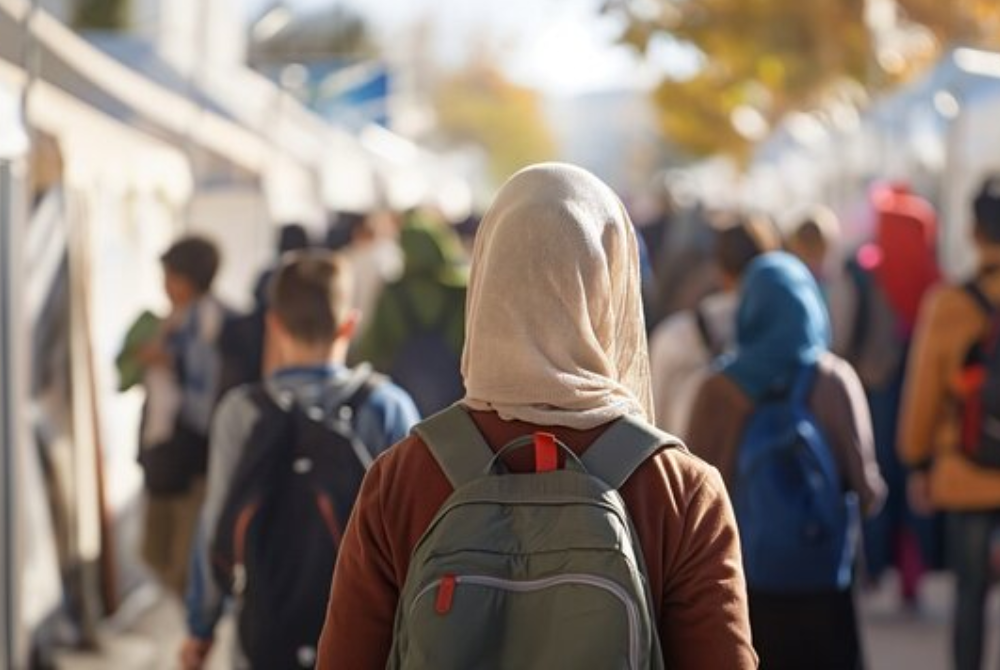SHAH ALAM - As Malaysia celebrates Human Rights Day, Parti Sosialis Malaysia (PSM) chairman Dr Jeyakumar Devaraj highlights the plight of refugees in Malaysia.
He suggested a sustainable solution to their challenges which was by implementing a levy-based system that would enable refugees to work legally and use the collected funds to cover their healthcare needs.
"Talking about human rights, I think I'll be very concerned about the refugees. We talk so much about human rights, but refugees in our country are having a tough time," he said when met at the Karangkraf Complex, here, today.
Jeyakumar said Malaysia’s reluctance to fully adopt the United Nations (UN) Refugee Convention has left refugees in a precarious position.
While they were granted UN High Commissioner for Refugees (UNHCR) cards allowing them to stay in the country, they were prohibited from working legally, forcing many to take up informal jobs where they were often exploited.
"Sometimes, they work in secret and their employers would exploit them by refusing to pay overtime or even withholding their wages. What can they do? They can’t file a complaint because they’re not legally allowed to work, leaving them fearful of the police," he said.
Jeyakumar’s proposal involved issuing work permits to refugees and imposing a levy on their earnings.
This levy, he said could then be pooled to cover their healthcare expenses, ensuring they can access public hospitals without financial barriers.
"You don’t need to take money from Malaysians. Refugees pay for their work permits and part of that money goes into a pool to cover their healthcare. It’s a simple system," he said.
He also highlighted the relatively small number of refugees in the country which was around 200,000, compared to the millions of migrant workers already employed in Malaysia.
"Not all of them are of working age. If we can bring in so many foreign workers, why can’t we let refugees work legally and contribute?," he added.
Jeyakumar said implementing such a system would set an example for neighbouring countries, especially as Malaysia prepares for its Asean 2025 chairmanship.
Meanwhile, PSM deputy chairman S. Arutchelvan pointed out that human rights encompass not only civil and political rights but also economic, social, and cultural rights.
"There’s a lot of emphasis on civil and political rights, but we neglect economic and social rights. Income disparity is a critical issue," he added.
Arutchelvan also criticised the lack of democratic structures at the local level in the country.
He said there was no democracy in Malaysia without local government elections.
"When former deputy prime minister Datuk Seri Dr Wan Azizah Wan Ibrahim was the opposition leader, she advocated for their return.
"Today, the government has yet to act on this, despite a previous royal commission recommending it," he said.
He also noted delays in critical reforms, such as the promised separation of powers.
"Last year, it was supposed to happen by the end of 2024. Now, they’re saying 2025. Most people believe it won’t happen because it’s easier to centralise power.
"The government needs to prioritise real changes," he said.
This Human Rights Day serves as a reminder of the work that still needs to be done to ensure dignity and fairness for all, especially for the vulnerable communities living within Malaysia’s borders.


